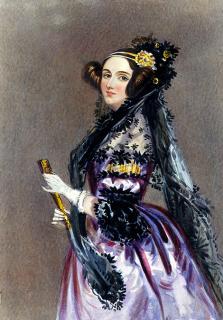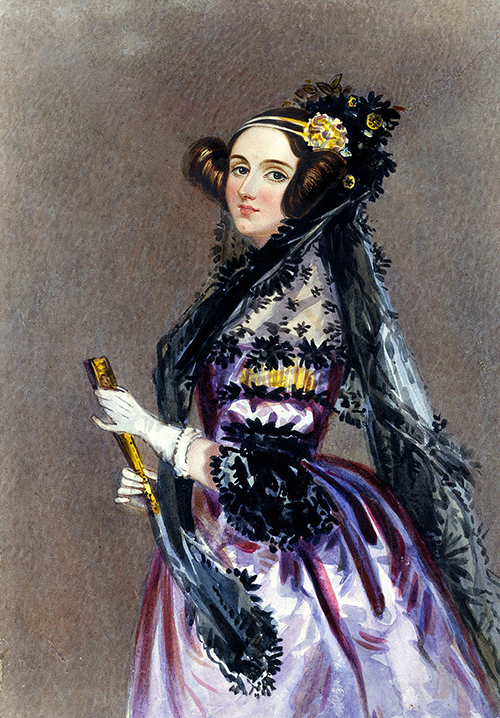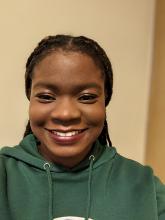Publications
Lu, Shengyu, Mahmoodi, Sasan and Niranjan, Mahesan (2022) Robust 3D rotation invariant local binary pattern for volumetric texture classification. 26th International Conference on Pattern Recognition, Montreal, Quebec, Montreal, Canada. 21 - 25 Aug 2022. 7 pp .
Contact
Email: Shengyu.Lu@soton.ac.uk
Professor Hywel Morgan from the University of Southampton has been recognised for his services to biomedical engineering with an MBE in the 2020 Queen's Birthday Honours.
The honour celebrates Professor Morgan's contribution as one of the lead developers of a pioneering protective respirator, known as PeRSo, that now has HSE approval for use in healthcare during the pandemic.
Southampton's Professor Paul Elkington has also been awarded an MBE for services to medicine in the birthday honours, marking his commitment to the PeRSo project.
Professor Morgan, Head of the Biomedical Electronics Research Group, says: "It was heartening to be part of a team of academics, clinicians and engineers that came together in a time of adversity, all motivated to protect NHS staff so they could keep caring for patients suffering with COVID-19.
"The team worked round the clock in the early days of the pandemic; the final product would not have materialised without their efforts so this award is for them as well."
The PeRSo project united experts in Electronics and Computer Science, engineering and medicine with industry partners including McLaren, Kemp Sails and INDO Lighting. In March, the partnership turned an idea into a prototype which was then tested on wards and manufactured at scale in less than a month.
The respirator purifies air by drawing it through a highly efficient filter, and then blows it via a tube into the wearer’s hood, which has a clear visor so the entire face is visible. It can be worn throughout a worker's shift and could have a major role to play in achieving the Government's latest PPE strategy, which includes an emphasis on reusable equipment, manufactured in the UK.
The concept was published open-source and made available to other manufacturers and organisations around the world.
Several University of Southampton staff have been recognised in the Queen’s Birthday Honours list, including Professor Stephen Holgate who has been knighted for services to medical research.
Professor Elkington says: "I was completely taken aback when I opened the letter and I’m delighted to accept the award on behalf of everyone who has made PeRSo a reality.
"Although the original PeRSo can be deployed during this pandemic, the work doesn't stop here. We are currently developing new versions that could be worn in a range of other work and care settings, and this award will be further motivation to progress that as rapidly as possible."
Articles that may also interest you

Who was Ada Lovelace?
Ada Lovelace invented the world’s first computer programme and is an inspirational role model for women in STEM everywhere.
Who was Ada Lovelace?
Ada Lovelace invented the world’s first computer programme and is an inspirational role model for women in STEM everywhere. Be inspired by Ada Lovelace and celebrate her legacy with us.
Today Ada is recognised as the first computer programmer and her legacy is celebrated on Ada Lovelace Day, which is not only about celebrating but about keeping her legacy alive. Read on to find out more about Ada's life and achievements.
Find out more about ECS
1815 - Ada was born, the daughter of Annabella Milbanke and the famous poet Lord Byron. Ada had an unusual education for a woman at that time as her mother, who had mathematical training, insisted that Ada learn mathematics.
1833 - Ada met Charles Babbage, who is credited with inventing the first mechanical computer, at a party. When Babbage demonstrated the small working section of an engine to her, Ada was inspired.
1843 - Ada published a translation of a French article on the Analytical Engine which included extensive notes of her own. These notes included the following:
- A visionary insight into the potential of computers to act upon things other than numbers, such as composing elaborate pieces of music with huge complexity or analysing all subjects in the universe.
- A step-by-step sequence of operations for solving mathematical problems, the world’s first complete computer programme - marking the significant leap from calculation to computation.
Ada Lovelace Day
Did you know?
Nationally, levels of female participation in computer science are currently quite low - around 15%, yet female undergraduates achieve proportionally more first-class honours degrees than their male partner counterparts.
The university is active in exploring how to radically increase UK gender diversity in computer science. To help encourage more women into computer science, a scholarship was devised by the ECS community.
The Ada Lovelace Excellence Scholarship
“A scholarship which aims to create a core group of excellent women scholars within ECS, who could really help to change perceptions of the discipline and go on to be future leaders in digital technology.”
To date, there are 17 Ada Lovelace Excellence Scholarship recipients. Celebrate Ada Lovelace Day by reading stories from some of the lives she continues to touch to this day.

"When I came for the applicant day I imagined myself as an amazing programmer, who would build a company that excelled at not only creating the most amazing innovation in Artificial Intelligence, but also giving young girls who had not seen anyone like them in Computer Science a reason to believe in themselves when they saw me. I spoke to one of the professors and she was delighted that I had decided to do Computer Science, explaining how in the recent years, the number of females in Computer Science had declined. When I told her that it was not uncommon for someone to challenge me about doing computer science with a reason that it was a male-dominated course, and how that increased my desire to do it, she told me about the scholarship and what it aims to do, so I applied. When I found out I got the scholarship I felt happy and surprised. I hope it will help me in my path to educate more young girls about how to follow their dreams and see what the future holds. It’s changed my mindset in a way that I am now more likely to do things that I have not done before. I’m more motivated to speak to people about the importance of diversity in science, especially in research. Just remember, it doesn’t matter if you are going to be the only female in the room, once you have mustered the courage to do what you believe in, only you can decide to quit pursuing it."
Oluwatosin Ogunribido, MEng Computer Science, first year
"I was fascinated by mathematics ever since I started primary school, leading to me focus on more technical subjects in school such as physics and chemistry. When I started high school in Romania, programming became a mandatory subject in my class. I was immediately fascinated by the problem-solving skills required and the range of projects I could solve. I participated in a couple of mathematics and coding competitions which I enjoyed, so I decided to pursue a Computer Science degree at University. My university advisor told me about the scholarship. I applied with their help and it was straightforward and easy. When I found out I got it, I was very excited! It boosted my confidence as there was a sense of recognition from the University towards my opinions and values which made me feel appreciated. There was certainly a financial relief too as many costs were incurred at the beginning of my student life. I recently graduated with first class honours and started my first graduate role with Amazon as a Software Development Engineer. The scholarship led me to be more confident in my views and to learn to speak up. I would love to see more young women encouraged to try programming, especially if they are naturally talented at mathematics. Know that there is immense support for everyone to learn to succeed – if you wish to. STEM can also be a career path where you can make an impact on the whole world. Own your career, only work where you feel impactful. There are plenty of teams, companies and opportunities waiting for you."
Lorena Mitoi, Bsc Computer Science, 2020
